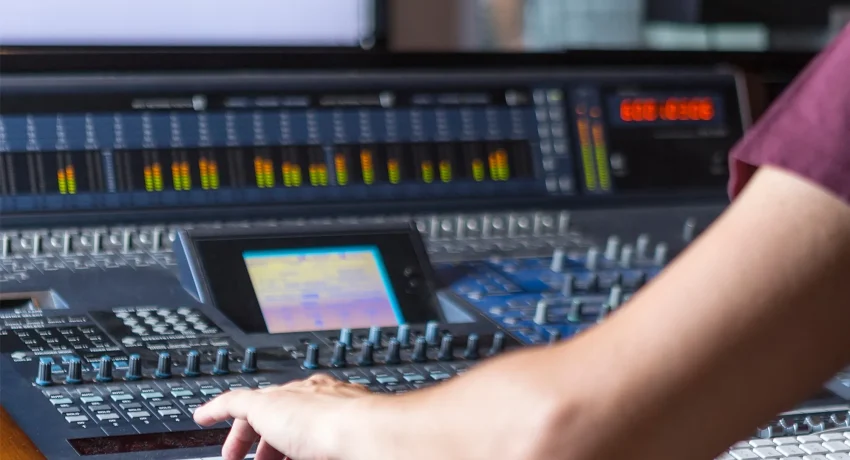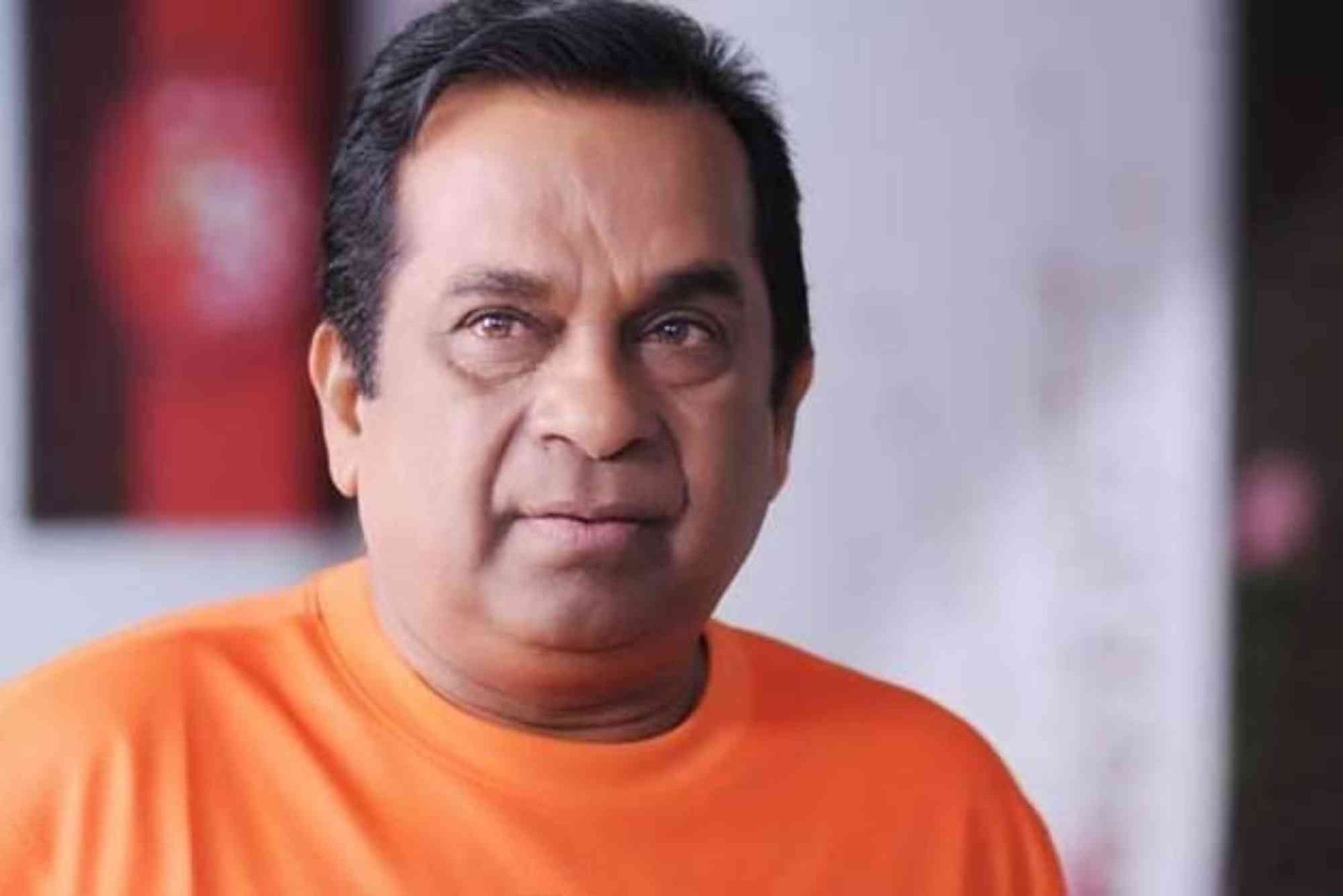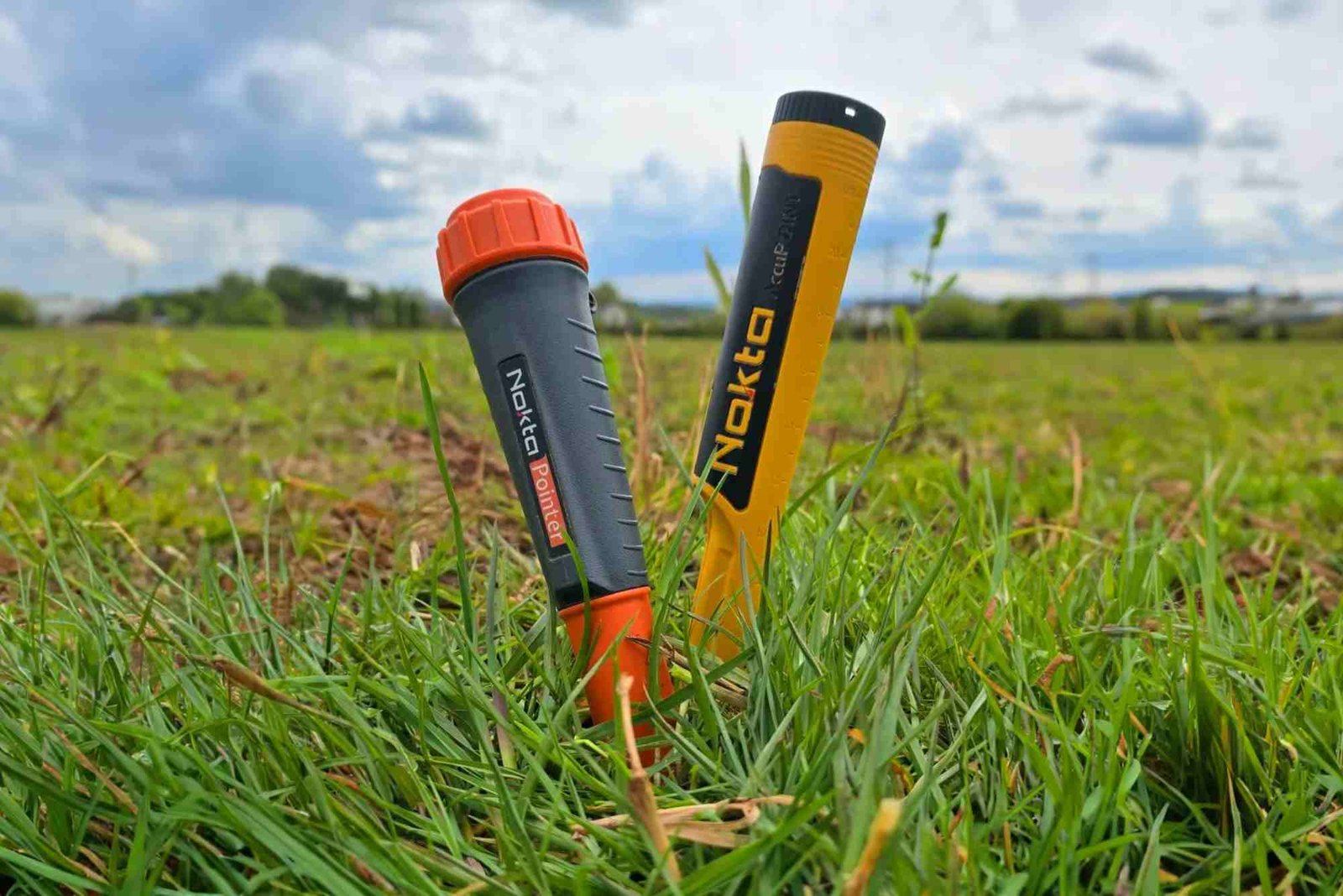Becoming a live sound engineer is an exciting journey for music enthusiasts who want to shape the auditory experience of concerts and live events. In a vibrant city like Delhi, India, where cultural events, music festivals, and concerts thrive, live sound engineering in Delhi, India offers a promising career path. This article outlines a clear, actionable roadmap to help you break into the field of live sound engineering, tailored specifically to the dynamic music scene in Delhi. From acquiring technical skills to building a network, we’ll cover everything you need to succeed.
What is Live Sound Engineering?
Live sound engineering involves managing audio equipment to ensure high-quality sound during live performances, such as concerts, theater productions, or corporate events. A live sound engineer handles mixing consoles, microphones, speakers, and other audio gear to create a balanced and immersive sound experience for audiences. In Delhi, with its growing music festivals like NH7 Weekender and venues like Siri Fort Auditorium, the demand for skilled professionals in live sound engineering in Delhi, India is on the rise.
Step 1: Understand the Role and Skills Required
To excel in live sound engineering, you need a mix of technical knowledge, creativity, and problem-solving skills. Key responsibilities include setting up audio equipment, conducting soundchecks, and troubleshooting issues during live performances. Essential skills include:
-
Technical Proficiency: Understanding audio equipment like mixing consoles, equalizers, and digital audio workstations (DAWs).
-
Ear for Sound: Ability to identify and adjust frequencies for clarity and balance.
-
Communication: Collaborating with artists, event organizers, and crew members.
-
Problem-Solving: Quick thinking to resolve technical glitches under pressure.
In Delhi’s fast-paced event industry, adaptability and attention to detail are crucial for success in live sound engineering.
Step 2: Get the Right Education and Training
While formal education isn’t always mandatory, it can give you a competitive edge. Several institutes in Delhi offer courses in audio engineering that cover live sound engineering principles. Consider enrolling in programs at:
-
Sound Engineering Schools: Institutions like Seamedu School of Pro-Expressionism or the Audio Academy in Delhi offer diploma courses in sound engineering.
-
Online Courses: Platforms like Coursera or Udemy provide affordable courses on live sound engineering fundamentals.
-
Workshops: Attend workshops by industry professionals at events like PALM Expo in Delhi to gain hands-on experience.
These programs teach you about acoustics, signal flow, and equipment handling, which are critical for live sound engineering in Delhi, India.
Step 3: Gain Hands-On Experience
Practical experience is the cornerstone of a successful career in live sound engineering. Start by volunteering or interning at local venues, event companies, or music festivals in Delhi. Opportunities include:
-
Small Venues: Work at cafes or clubs like The Piano Man Jazz Club or Depot 48, which host regular live music events.
-
Event Companies: Join production companies like Showtime Events or Wizcraft, which manage large-scale concerts.
-
Freelance Gigs: Offer your services for college fests or community events to build your portfolio.
Hands-on experience helps you understand real-world challenges, such as managing feedback or balancing sound in diverse venues.
Step 4: Build a Network in Delhi’s Music Scene
Networking is vital in the events industry. Delhi’s music and event scene is interconnected, so building relationships can open doors to opportunities. Here’s how to network effectively:
-
Attend Events: Visit concerts, festivals, and industry meetups to connect with artists, promoters, and other sound engineers.
-
Join Communities: Engage with groups like the Indian Audio Professionals (IAP) or online forums for live sound engineers.
-
Collaborate: Work with local bands or DJs to gain exposure and referrals.
Networking can lead to mentorships or job opportunities, especially in a competitive market like Delhi.
Step 5: Invest in Essential Gear and Software
While most venues provide equipment, owning basic gear can make you more versatile. Start with:
-
Headphones: High-quality studio monitors like Sennheiser HD25 for accurate sound monitoring.
-
Microphones: A reliable dynamic mic like the Shure SM58 for backup.
-
DAW Software: Learn tools like Ableton Live or Pro Tools for pre-production and sound design.
Familiarity with industry-standard equipment used in Delhi’s venues will give you an edge in live sound engineering.
Step 6: Stay Updated with Industry Trends
The field of live sound engineering is constantly evolving with advancements in audio technology. Stay informed by:
-
Following Blogs and Podcasts: Resources like Sound on Sound or The Sound Design Podcast offer insights into the latest trends.
-
Attending Trade Shows: Events like NAMM or PALM Expo showcase new audio gear and techniques.
-
Learning Digital Consoles: Master digital mixing consoles like Yamaha CL Series, commonly used in Delhi’s concert venues.
Staying updated ensures you remain competitive in live sound engineering in Delhi,India.
Step 7: Develop a Portfolio and Market Yourself
A strong portfolio showcases your skills to potential employers or clients. Include:
-
Recordings: Audio samples from events you’ve worked on (with permission).
-
Testimonials: Feedback from artists or event organizers.
-
Certifications: Highlight relevant courses or workshops.
Create a professional website or LinkedIn profile to showcase your work. Promote your services to event organizers and venues in Delhi to secure gigs.
Step 8: Navigate Challenges in Delhi’s Live Sound Industry
Delhi’s live sound industry has unique challenges, such as unpredictable power supply, diverse venue acoustics, and tight budgets. To overcome these:
-
Power Management: Carry backup power solutions like UPS for small gigs.
-
Venue Knowledge: Study the acoustics of popular Delhi venues like JLN Stadium or India Habitat Centre.
-
Negotiation Skills: Learn to negotiate rates as a freelancer in a price-sensitive market.
Adapting to these challenges will make you a sought-after professional in live sound engineering.
Step 9: Consider Long-Term Growth
As you gain experience, explore opportunities to specialize or expand your career:
-
Specialize: Focus on specific genres like rock, classical, or EDM, which are popular in Delhi’s music scene.
-
Teach: Share your expertise by conducting workshops or mentoring aspiring engineers.
-
Scale Up: Work with larger festivals or international acts touring in Delhi.
Continuous learning and adaptability will ensure long-term success.
Conclusion
Becoming a live concert sound engineer in Delhi is a rewarding career choice for those passionate about music and technology. By acquiring the right skills, gaining hands-on experience, and building a strong network, you can thrive in live sound engineering in Delhi, India. Start small, stay persistent, and leverage Delhi’s vibrant music scene to carve out a successful career. With dedication and the steps outlined above, you’ll be well on your way to shaping unforgettable concert experiences.











